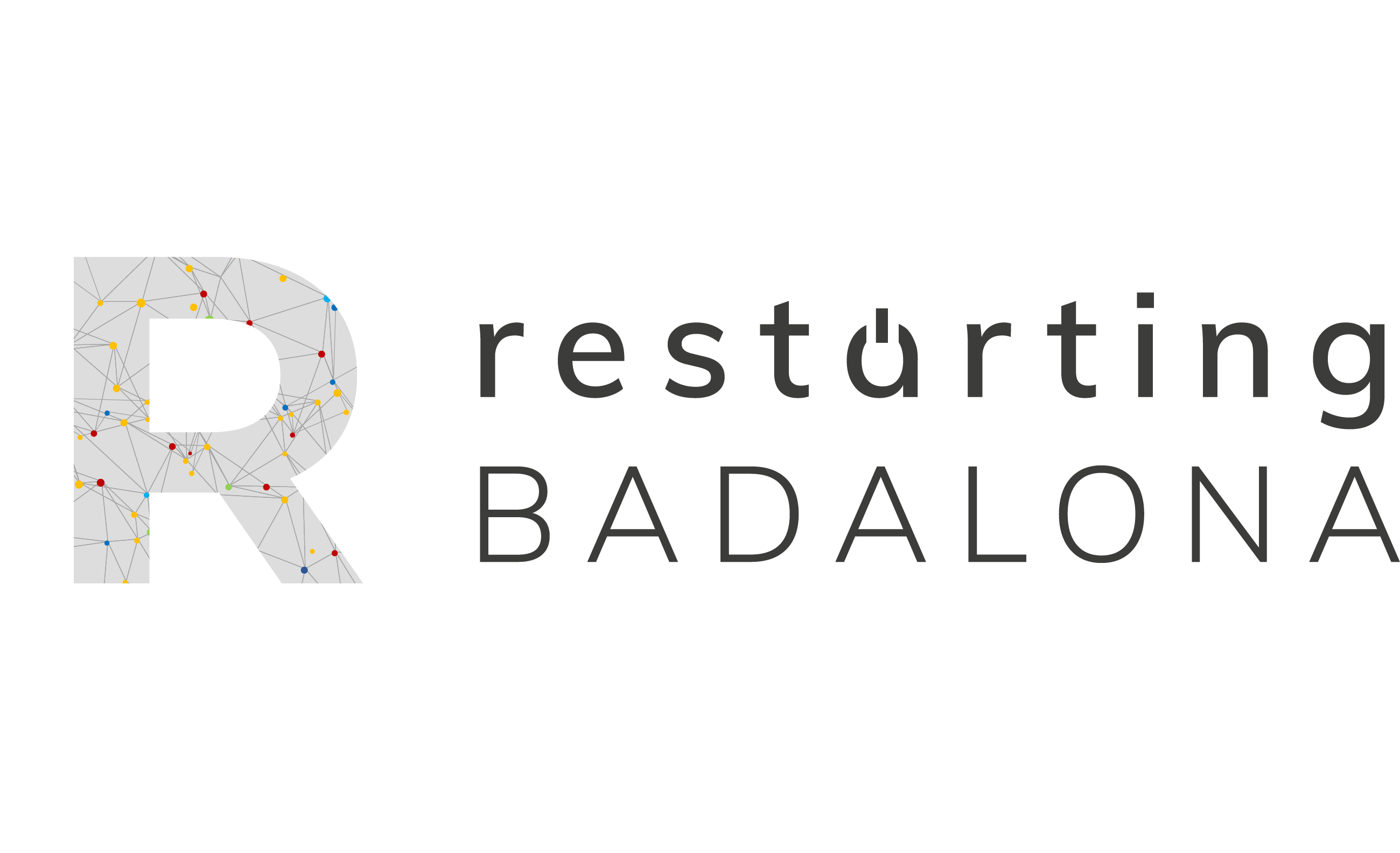
There are several success factors in SMEs and family businesses. They are business organizations that generate employment, but they face the generational change as one of their main challenges. Currently, they create 67% of private employment, with a total of more than 6.58 million jobs, being responsible for 57.1% of the national GDP of the private sector.
In addition, they have a great flexibility to adapt to social and economic changes: diversifying products, services and internationalizing, in the case of those that are more structured. The perpetuation of the competitive potential of family businesses and SMEs is based on the founder’s commitment as the person responsible for planning his succession process.
In the vast majority, these companies are managed by the first or second generation, and their managers are almost always members of the same family or team that usually owns 100% of the company. They are responsible for deciding the how and when of the succession.
However, in parallel, we find ourselves with a constant problem in recent decades and that is repeated in practically all companies, whether production or services. It is about the lack of interest of some of the members of the new generations to continue dedicating themselves to them and, therefore, the non-renewal with trained and qualified people in various positions.
The causes are explained because production is increased or the retirement age of the employed technicians is reached, who cannot be replaced, finding those responsible for Human Resources with an unpleasant permanent reality: that of not finding adequate profiles in the labor market.
SMEs contain in their DNA tradition, continuity, good understanding with the client, commitment of the directors towards the quality of life and the well-being of their employees, and of these towards the company. So what happens? What can be done?
It is a successful model that guarantees the access of qualified workers to the labor market
In relation to the planning of the generational change, more than half of the Spanish companies have a succession plan or plan to prepare it, although only one in five has a written family protocol. The rest of the companies do not know what a family protocol consists of or do not consider it necessary.
Regarding the planning of the generational change in production, this should be clearly supported by Dual Vocational Training (FP) as a real alternative, given that, in this modality, companies become learning centers where students experience, in a practical way , all the knowledge he has acquired theoretically. This model is now successfully established in various countries in central and northern Europe, with a clear positive result: students work and learn first-hand about the business world while they are studying.
Consequently, in order to achieve generational change with higher professional qualifications, it is necessary to become fully involved in training in order to maintain guaranteed continuity for the future.
Likewise, there is a need to carry out more campaigns to promote this type of VT, since there are very attractive sectors to get a job, in which increasingly more prepared professionals are required.
It is therefore necessary to resolve daily situations, such as the immersion in the digitization of various sectors, to face, among other challenges, the projects derived from the Next Generation EU European funds.
There is a need to have more CGM and CGS qualifications and more centers where quality professional training is provided, in accordance with the demand of countless sectors.
It is a successful model that guarantees the access of qualified workers to the labor market, as well as business and human viability.
Antoni Ruiz, member of the Restarting Badalona association



